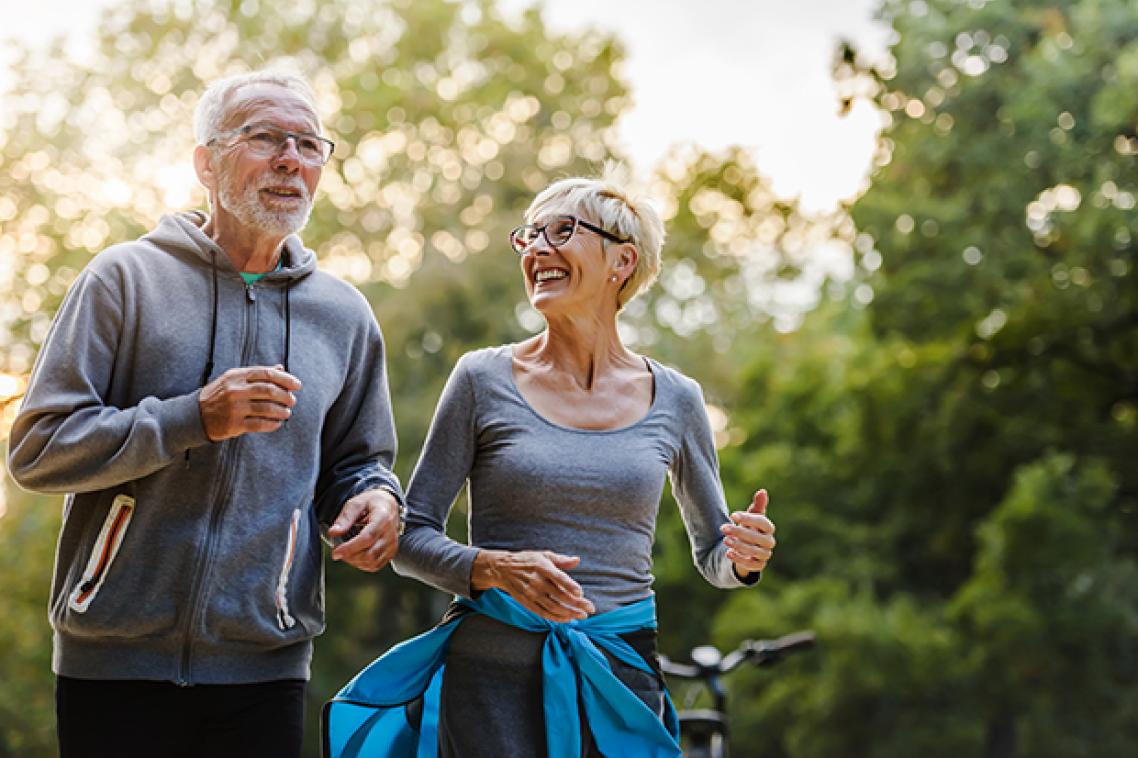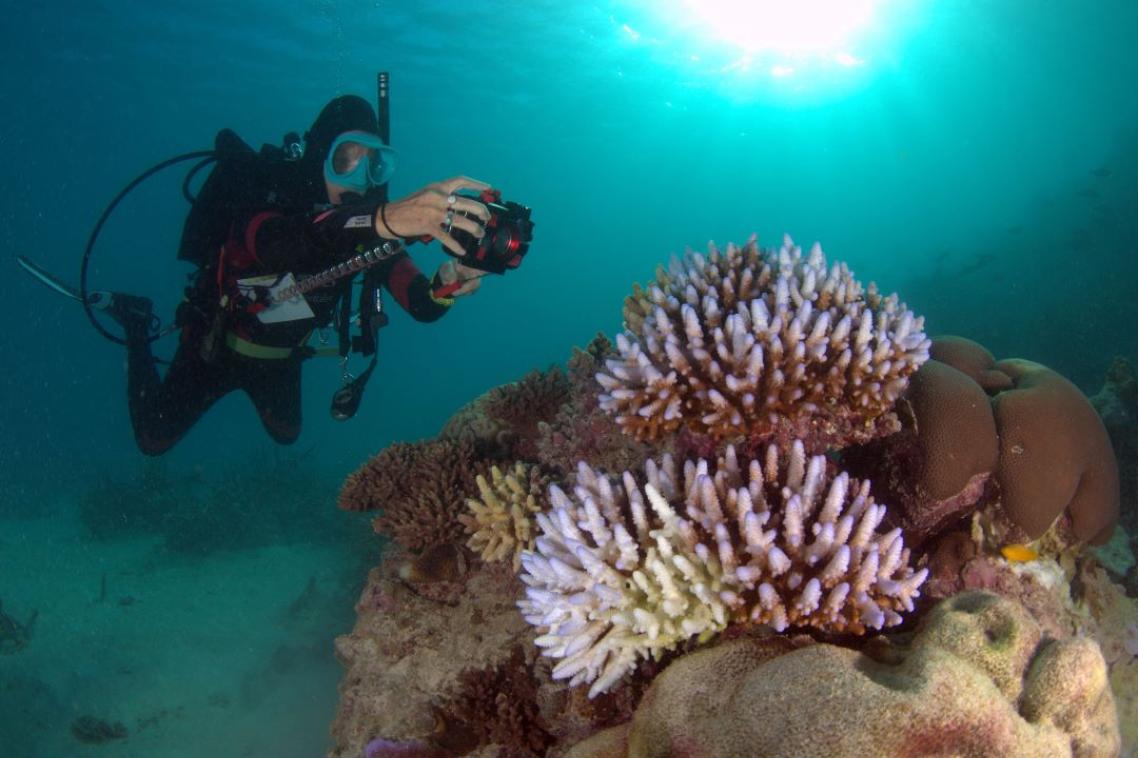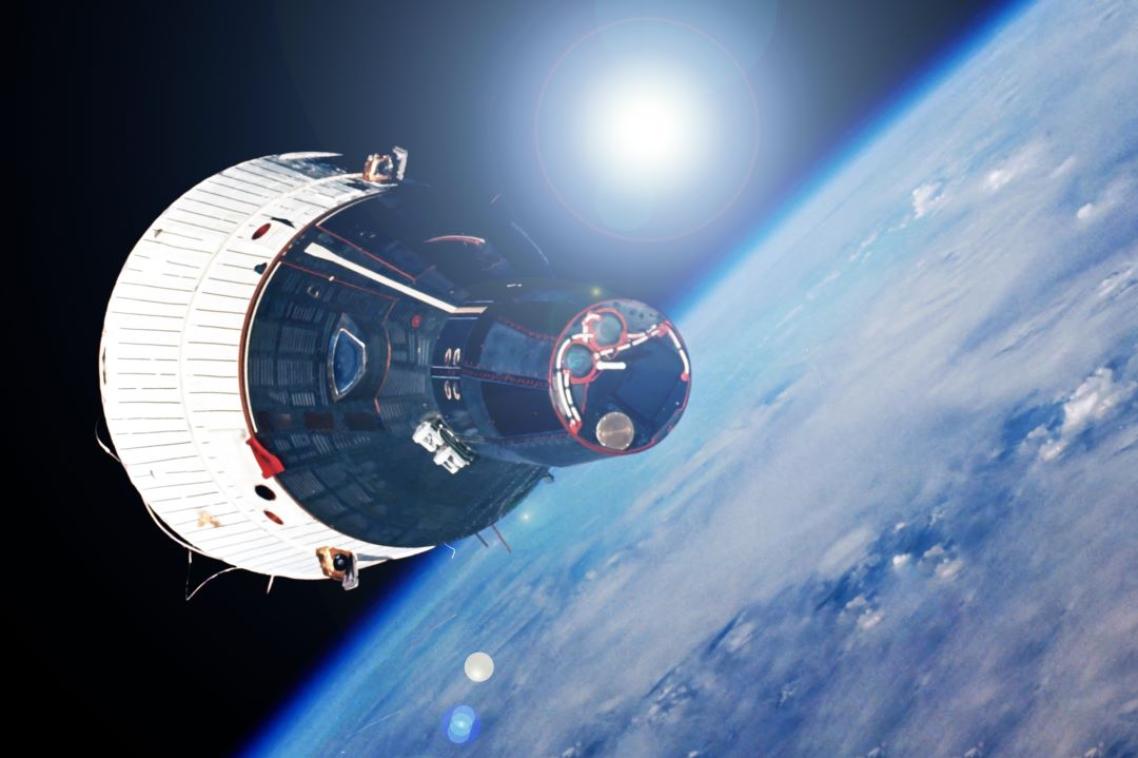Running down the exercise ‘sweet spot’ to reverse cognitive decline

University of Queensland researchers have discovered an exercise ‘sweet spot’ that reverses the cognitive decline in ageing mice, paving the way for human studies.
After more than a decade of research, led by Queensland Brain Institute (QBI) Emeritus Professor Perry Bartlett and Dr Dan Blackmore, the team found 35 days of voluntary physical exercise improved learning and memory.
“We tested the cognitive ability of elderly mice following defined periods of exercise and found an optimal period or ‘sweet spot’ that greatly improved their spatial learning,” Dr Blackmore said.
The researchers also discovered how exercise improved learning.
“We found that growth hormone (GH) levels peaked during this time, and we’ve been able to demonstrate that artificially raising GH in sedentary mice also was also effective in improving their cognitive skills”, Dr Blackmore said
“We discovered GH stimulates the production of new neurons in the hippocampus – the region of the brain critically important to learning and memory.
“This is an important discovery for the thousands of Australians diagnosed with dementia every year.”
Dementia is the second leading cause of death of all Australians, and with no medical breakthrough the number of people with dementia is expected to increase to around 1.1 million by 2058.
Professor Bartlett said the findings provide further proof that loss of cognitive function in old age is directly related to the diminished production of new neurons.
“It underlines the importance of being able to activate the neurogenic stem cells in the brain that we first identified 20 years ago,” Professor Bartlett said.
The team were able to explore how the production of new neurons changed the circuitry in the brain using Magnetic Resonance Imaging (MRI).
“Using MRI, we were able to study the brain following exercise, and for the first time identify the critical changes in the structure and functional circuitry of the hippocampus required for improved spatial learning,” Dr Blackmore said.
This research was published in two separate papers published in iScience:
https://doi.org/10.1016/j.isci.2021.103275
https://doi.org/10.1016/j.isci.2021.103450
Media: QBI Communications, communications@qbi.uq.edu.au, + 61 (0) 422 096 049 or + 61 (0) 415 222 606.
Related articles

Thousands of Queensland reef photos lead to worldwide change

UQ to conduct world-first tests into effectiveness of magnetic heat shields for atmospheric re-entry of large spacecraft
Media contact
UQ Communications
communications@uq.edu.au
+61 429 056 139
